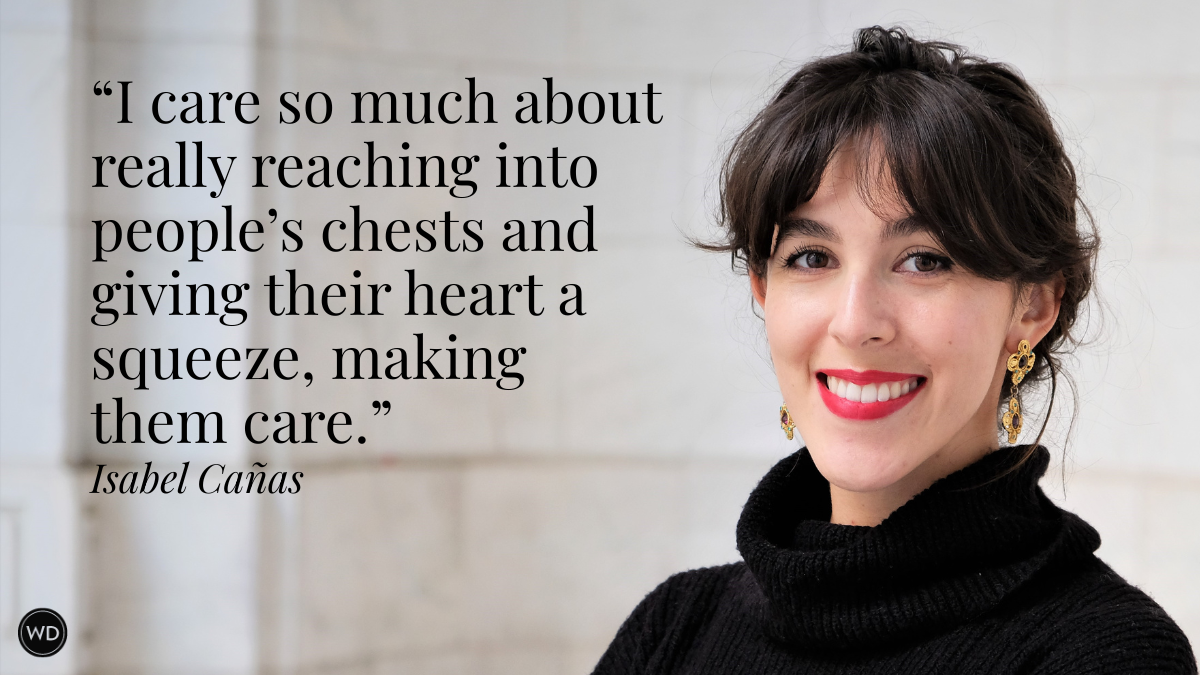5 Reasons Why Writers Need Privacy
Author Tiffany Jenkins shares five essential reasons why writers need privacy to truly be successful with their writing goals.
In today's hyperconnected world with its appetite for authentic testimony and personal biographical details, privacy has become both scarce and essential, particularly for writers. The creative process demands a sanctuary where thoughts can freely unfold without external judgment or the spotlight of attention. Here are five reasons why privacy remains fundamental to the writer's craft.
1. Originality Begins in Private
The privacy required for the author isn't protection from the government or digital trackers. It's not about pulling the curtain across to hide domestic or intimate affairs. It’s an intellectual privacy which allows them to develop their inner life. The act of thinking deeply involves a conversation with oneself, questioning, challenging, and refining thoughts, and this process requires no disturbances.
Without solitude, external voices easily overwhelm this crucial internal dialogue. In public spaces, we often adopt predetermined roles and perspectives, but in private, we can release these constraints and allow original thoughts to emerge.
2. Creative Risk-Taking Flourishes in Private Spaces
Most breakthrough literary and nonfiction works began as risky experiments that might have been abandoned if subjected to early scrutiny. Writers need the freedom to experiment without fear of immediate judgment.
Privacy creates an environment where failed attempts, incomplete thoughts, and radical ideas can safely emerge without premature criticism. In privacy, writers can pursue unconventional paths, follow uncertain threads, and test boundaries. The initial vulnerability of new ideas requires protection like seedlings that need shelter before facing harsh elements.
3. Writing Needs Total Focus on the Project
Writers often shield themselves from outside attention to remain faithful to their work's essence. The writing itself makes demanding claims on attention and energy. Converting fragmented thoughts or fleeting inspiration into coherent prose requires complete concentration without distractions. This demands turning inward, away from external influences. Even seemingly innocent interruptions; questions about progress or, note to impatient editors, reminders about deadlines, can derail the creative process.
Finding this level of privacy is difficult in our publicity-oriented culture. Writers face constant pressure to discuss their methods, workspaces, daily routines, and creative habits. They're expected to share insights before these ideas have fully matured. Their personal circumstances often become subject to public interest. Literary scholars and biographers frequently seek access to preliminary notes and draft materials. Writers should vigilantly protect these private creative spaces until they choose to share their finished work.
4. A Creative Private Public Partnership
When the work is ready a second opinion is required. A skilled editor or friendly reader guides writers through the transition from private creation to public reception. Unlike social media platforms where ideas face immediate criticism, editors and readers provide a protective intermediary space. They shield developing work until it's ready for wider exposure.
Editors and readers serve as both nurturers and refiners of ideas—helping underdeveloped concepts take shape while removing elements that weaken the work. By testing the manuscript's effectiveness and suggesting improvements, they prepare it for the outside world. This partnership requires unusual intimacy. Editors in particular witness the writer's professional struggles and personal vulnerabilities, both productive days and frustrating blocks. They develop deep understanding of both strengths and limitations. Such honesty and trust can only thrive within a confidential relationship, making privacy essential to effective refining of the work.
5. Privacy Is Necessary for Publicity
While privacy is essential, writers ultimately create for the public. The paradox of writing lies in the tension that we withdraw to connect more deeply. The private realm nourishes the public one; similarly, a writer's private contemplation ultimately enriches public discourse.
The writer's journey involves cycles of private creation and public sharing. Privacy isn't about permanent isolation but about creating a protected space where thought can develop before engaging with the world. This balance reflects a healthy creative process moving between private reflection and public engagement.
In an era where privacy faces unprecedented challenges, defending the writer's right to solitude is increasingly important. The quality of our literature and thinking and by extension, our public discourse depends on preserving these private spaces where writers can engage in that essential dialogue with themselves. It is precisely because we are social beings in the act of a public creation that we need privacy not to escape society permanently, but to develop the unique perspectives that allow us to contribute meaningfully to it.
Check out Tiffany Jenkins' Strangers and Intimates here:
(WD uses affiliate links)








